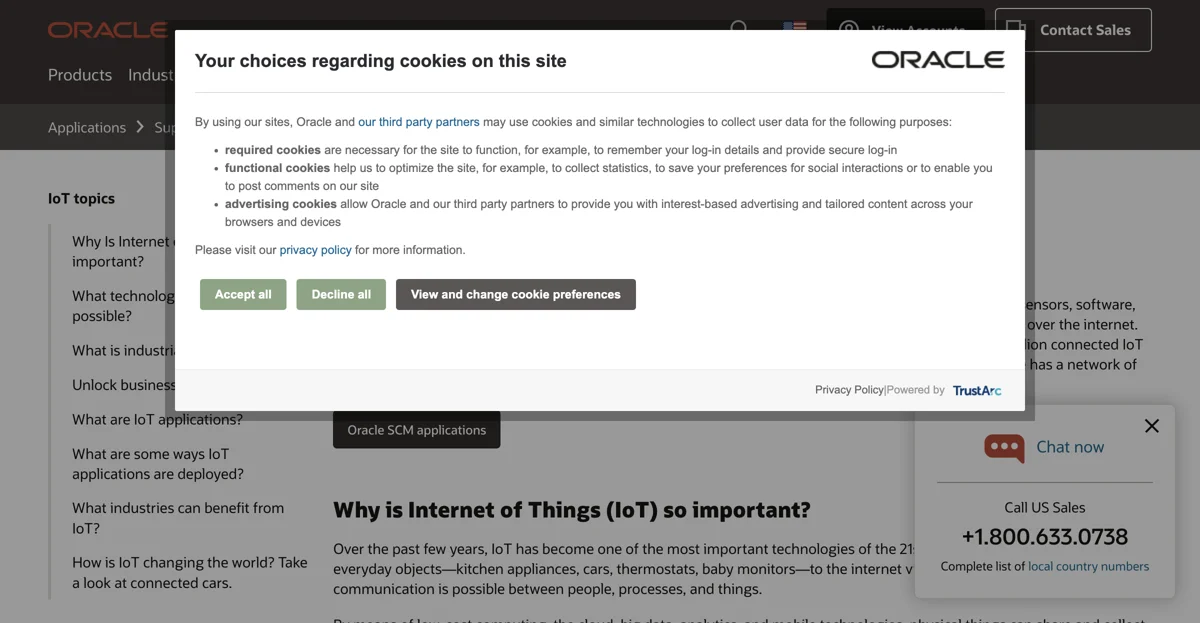The Internet of Things (IoT) is a revolutionary concept that is transforming the way we interact with the world. Oracle's IoT solutions are at the forefront of this technological advancement. IoT describes the network of physical objects embedded with sensors, software, and other technologies to connect and exchange data over the internet. With the number of connected IoT devices growing rapidly, the potential for innovation and value creation is immense.
Oracle's IoT offerings leverage a variety of technologies that have made IoT practical. Low-cost, low-power sensor technology enables more manufacturers to adopt IoT. Network protocols facilitate efficient data transfer between sensors and the cloud. Cloud computing platforms provide the infrastructure needed for businesses and consumers to scale up without the burden of management. Machine learning and analytics allow for faster and easier data insights. Conversational AI brings natural-language processing to IoT devices, making them more accessible and useful.
In industrial settings, Industrial IoT (IIoT) is enabling a new level of automation and creating new business models. It is being applied in areas such as smart manufacturing, connected assets, and preventive maintenance. IoT is also unlocking significant business value by providing data-driven insights, increasing productivity and efficiency, and enabling new revenue streams.
IoT applications are diverse and have wide-ranging benefits. In manufacturing, they can improve production-line monitoring and asset performance. In the automotive industry, they can detect equipment failure and keep drivers informed. Transportation and logistics can be optimized with real-time rerouting based on sensor data. Retail companies can manage inventory and enhance the customer experience. Various industries, including healthcare, public sector, and general safety, are also benefiting from IoT.
Overall, IoT is changing the world by enabling connected cars, improving worker safety, and transforming various industries. Oracle's commitment to IoT is driving innovation and helping businesses and organizations unlock the full potential of this technology.

